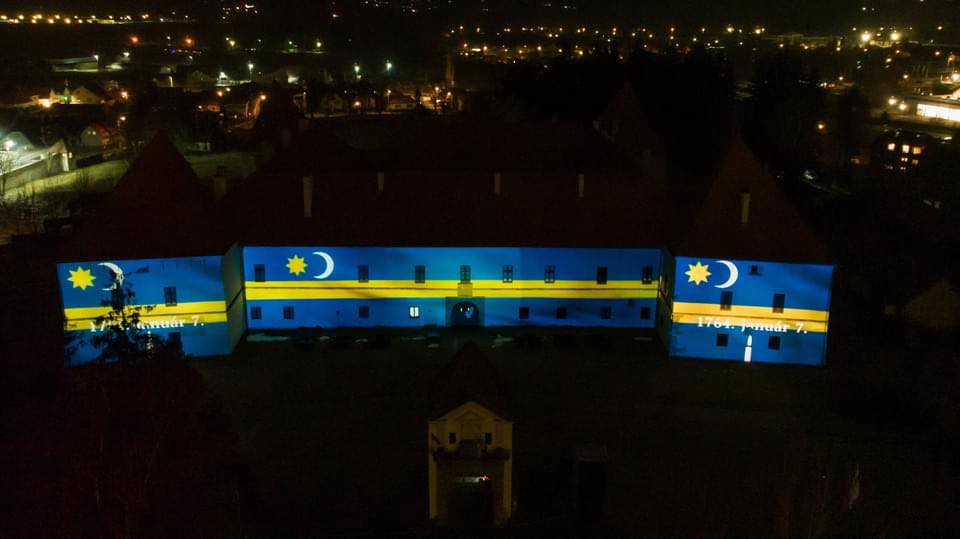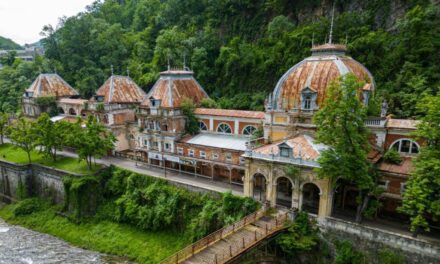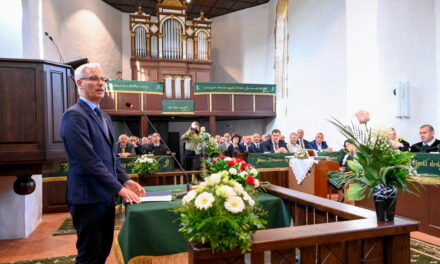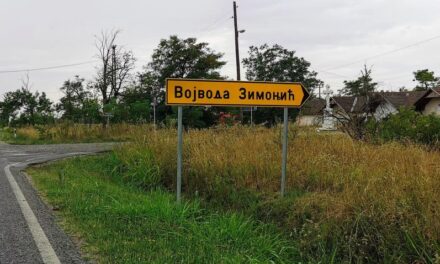The massacre of the Habsburg imperial army was commemorated on Saturday in Madéfalva in Székelyföld on the 259th anniversary of the tragic event. In her speech at the commemoration held at the Siculicidium memorial, Justice Minister Judit Varga pointed out: "just as our history of more than a thousand years is intertwined, so are our joys and sorrows."
He said it was a great honor for him to deliver his first speech of the year in front of his "brothers of the Szekler nation". He added that he came with his family and wanted to show his children "the wonders of Transylvania and Székelyland". He reminded: the Szeklers of Madefalv defended their sovereignty and self-identity, and although the world has changed a lot since then, "protecting the Hungarian constitutional identity and sovereignty is still our daily task".
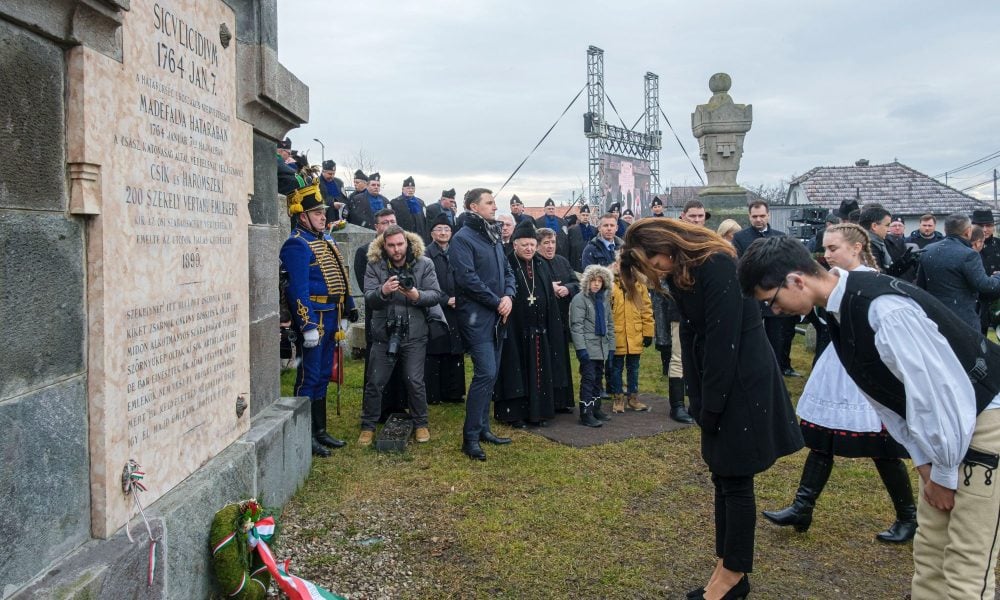
Source: MTI
"Whether it's about the rule of law or common European Union decisions concerning the security of energy supply, we must always protect our right to have the last word on issues that determine the fate of our nation," he said. He added: the experience of Hungary's EU membership proves that "the Hungarians have always been right in the end on the really important issues".
Judit Varga emphasized that the most important thing for the Hungarian government is that the Hungarians of Transylvania can preserve their Hungarian identity.
"You must preserve the thousand-year-old Hungarian history and culture and ensure the Hungarian future in Transylvania. This is not an easy task, but God always gives the most difficult battles to his best warriors," he said.
He recalled that the Hungarian government helps people stay in their homeland with the simplified naturalization law and the support system for Hungarians living abroad. "We will continue working together in 2023!" he declared.
The commemoration in Madefalv started again this year with a funeral mass in the church, which was celebrated by the retired assistant bishop Tamás József, and then ended with a commemoration and wreath-laying held at the memorial. Hundreds of people took part in the event, and János Árpád Potápi, the State Secretary of the Prime Minister's Office responsible for national policy, was also present on behalf of the Hungarian government.
As part of the commemoration, a horse pilgrimage was held on Friday on the Csíkszépvíz-Madéfalva route, in which János Árpád Potápi also participated. The state secretary told MTI by phone: the event has the goal of creating tradition, but it also fits into the Transylvanian equestrian program launched a few years ago. "The essence of this is to attract as many children and young people to equestrian sports as possible, to introduce them not only to riding, but also to equestrian culture, and to popularize this sport again here in Transylvania, and we hope in the entire Carpathian basin," he said. 51 riders and two carriages were present at the event.
The disaster in Madefalv will also be commemorated in Csíkszereda on Saturday evening, with the Székely flag projected onto the facade of Mikó Castle with light painting.
Source: Facebook
During the massacre in Madefalv in 1764, the imperial troops massacred hundreds of Szeklers. The prelude to the attack is that in 1760, the German-Roman Empress Mária Theresia, Queen of Hungary, ordered the re-establishment of the Székely border guard. The people of Székely complained that according to the new rules, they would have to serve abroad under German-speaking command, and that they could not regain their old freedoms in return for their military service. Many of them were frightened by the violent lineup, but around 2,500 of them gathered in Madéfalva and wrote a protest petition to Mária Terézia. At dawn on January 7, 1764, the imperial troops unexpectedly attacked Madéfalva.
In his writing, Péter Böjte recalls:
Mária Terézia wanted the Szeklers to stand at the head of the Austrians, go to the borders and stand guard, because they wanted good soldiers. But they didn't accept it! Those are not. Rather, they hid in the cold in the Salonka forest.
One morning Bukov's katanas raided their village and drove the women and small children out after the people. How those poor people ran and how they cried!
When the older ones and the little ones, who seemed to be weaker, started posting, they all flocked to Madéfalvá. This is the day before Epiphany. At dawn on the seventh of January, the katanaság went into hiding. They all bombarded the village with cannons. Those who ran were all cut down with swords. Cursed be they in their dying dust! (Wikipedia)
Source: szekelyfold.ma
Featured Image: Facebook

